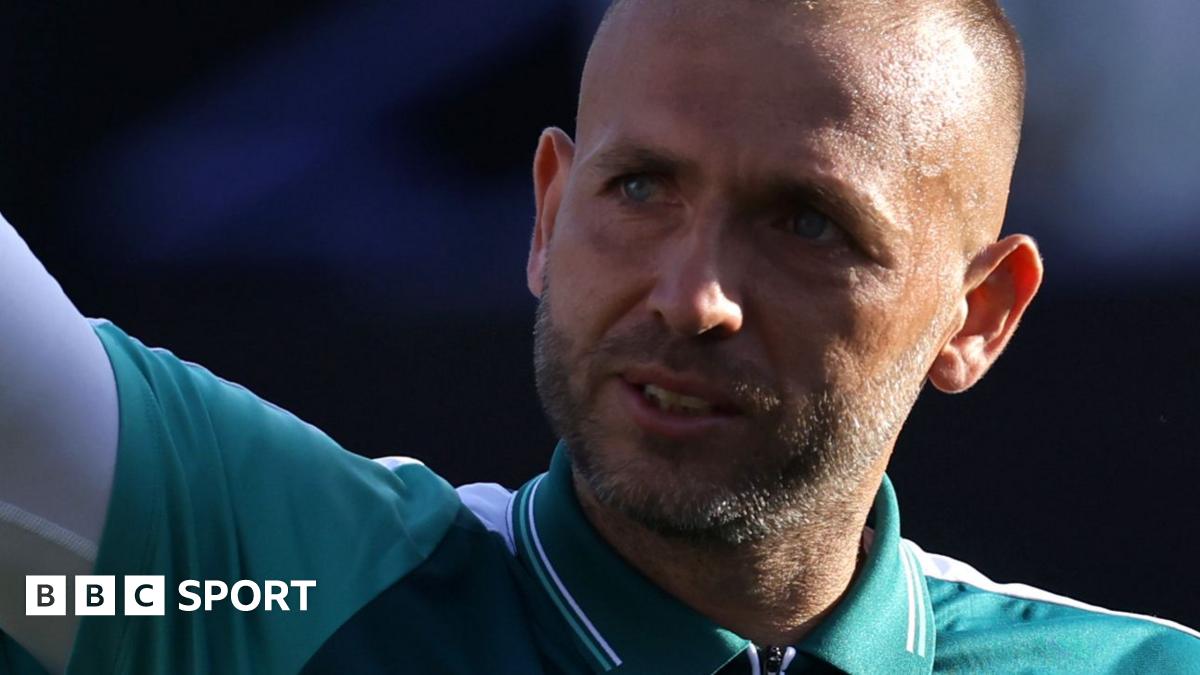PPP Fraud: Lender Service Founder Convicted in $2 Million Scheme

In a landmark case, Stephanie Hockridge, co-founder of the lender service provider Blueacorn, has been convicted of orchestrating a multimillion-dollar fraud scheme related to the Paycheck Protection Program (PPP). This development serves as a critical reminder for small business owners to remain vigilant against fraud, especially in times of economic crisis.
Hockridge, operating under the alias Stephanie Reis, faced serious charges for submitting fraudulent loan applications that falsely inflated income and payroll data to secure relief funds intended to support struggling small businesses during the COVID-19 pandemic. The federal jury found her guilty of conspiracy to commit wire fraud, accentuating the increasing scrutiny placed on the integrity of SBA-funded programs.
Matthew R. Galeotti, Head of the Justice Department’s Criminal Division, remarked, “This defendant exploited a national emergency to personally profit from a taxpayer-funded program intended to support vulnerable individuals and small businesses.” His comments reflect a growing initiative to hold accountable those engaging in fraudulent activities that compromise government support programs.
Deputy Inspector General Sheldon Shoemaker from the SBA Office of Inspector General added, “Exploiting the Small Business Administration’s pandemic relief programs for personal gain is an egregious theft of taxpayer funds.” The SBA has clearly stated its commitment to rooting out fraud to preserve the integrity of its programs designed to assist small enterprises.
Hockridge’s tactics included offering a specialized service called “VIPPP” to guide potential borrowers through the PPP loan application process. This involved coaching clients on how to present false information and demanding kickbacks based on the funds received. In total, her network processed tens of millions of dollars in fraudulent loans, bringing her ill-gotten gains into jeopardy.
This case raises vital points for small business owners to consider. First, while programs like the PPP are essential lifelines, they also attract attention from fraudsters—be it from the inside or outside. The Financial Crimes Enforcement Network (FinCEN) indicates a significant spike in fraud cases across the board during the pandemic, underlining the necessity for rigorous compliance measures and diligent checks in financial dealings.
Moreover, the collective response from federal authorities highlights a larger trend: rigorous investigations into pandemic-related fraud are underway. In fact, since the enactment of the CARES Act, the Criminal Division has prosecuted more than 200 individuals involved in PPP fraud, having seized over $78 million linked to fraudulent claims—an astonishing number that signals how serious these offenses are treated.
While safeguarding against fraud is paramount, small business owners might wonder how they can strengthen their practices to mitigate risks. Implementing robust internal controls, conducting thorough employee training on ethical practices, and maintaining transparent financial documentation can be effective strategies. Additionally, small businesses would do well to keep abreast of the current legal landscapes and best practices in compliance—knowledge that can empower them to spot potential red flags.
However, added pressure comes from increased regulatory scrutiny. As Hockridge’s case demonstrates, individuals can face severe repercussions, including long prison sentences, for unethical behavior. The stakes are high, and thus it’s vital for small business owners to prioritize ethical conduct.
As Hockridge awaits sentencing on October 10, where she could face up to 20 years in prison, her case stands as both a cautionary tale and a rallying point for accountability in financial aid programs aimed at supporting small businesses.
The broader implications here are profound. Every small business benefits from the integrity of these essential support systems, and a single act of exploitation can undermine public trust, affecting many innocent borrowers who rely on such funds for survival. The federal commitment to cracking down on fraud reflects a collective responsibility toward safeguarding the interests of honest enterprises.
For anyone who suspects fraudulent activity related to the PPP or other COVID-19 relief programs, authorities encourage reporting via the Justice Department’s National Center for Disaster Fraud. This proactive stance can help preserve the integrity of the systems designed to assist small business owners striving through adversity.
For more detailed information on this case and the associated legal frameworks, visit the U.S. Department of Justice press release.
Image Via Envato
This article, "PPP Fraud: Lender Service Founder Convicted in $2 Million Scheme" was first published on Small Business Trends
What's Your Reaction?
 Like
0
Like
0
 Dislike
0
Dislike
0
 Love
0
Love
0
 Funny
0
Funny
0
 Angry
0
Angry
0
 Sad
0
Sad
0
 Wow
0
Wow
0




























































































